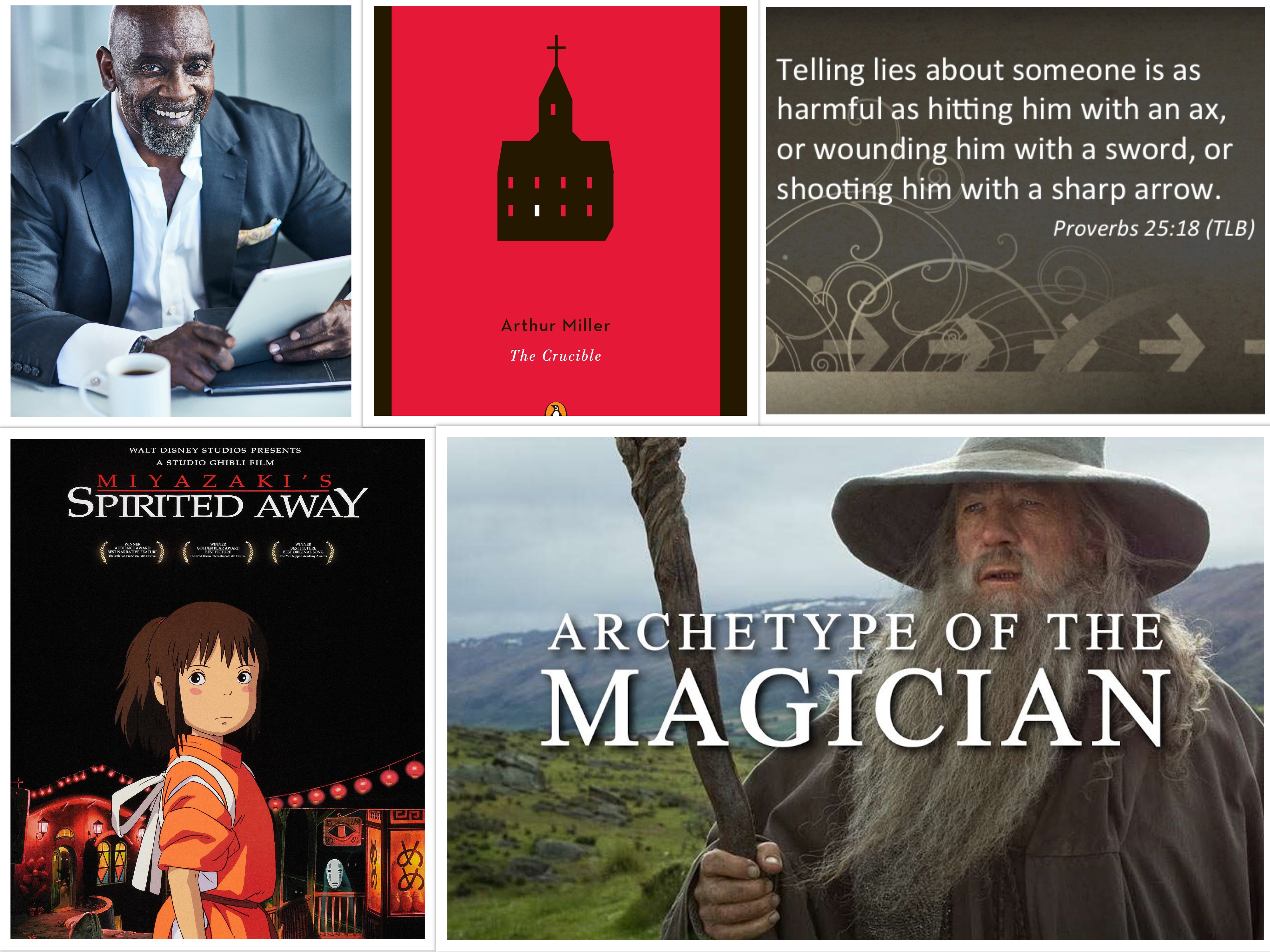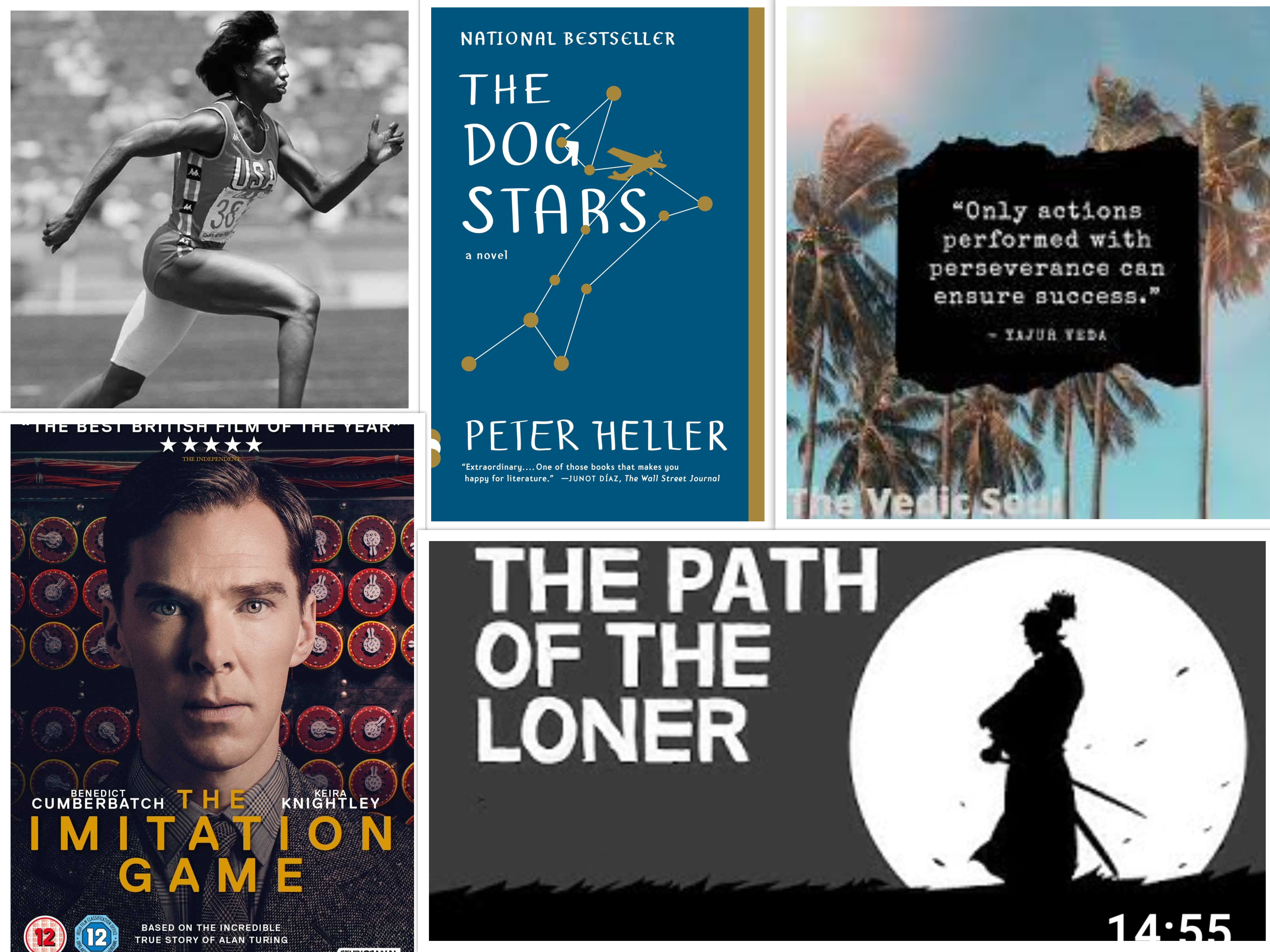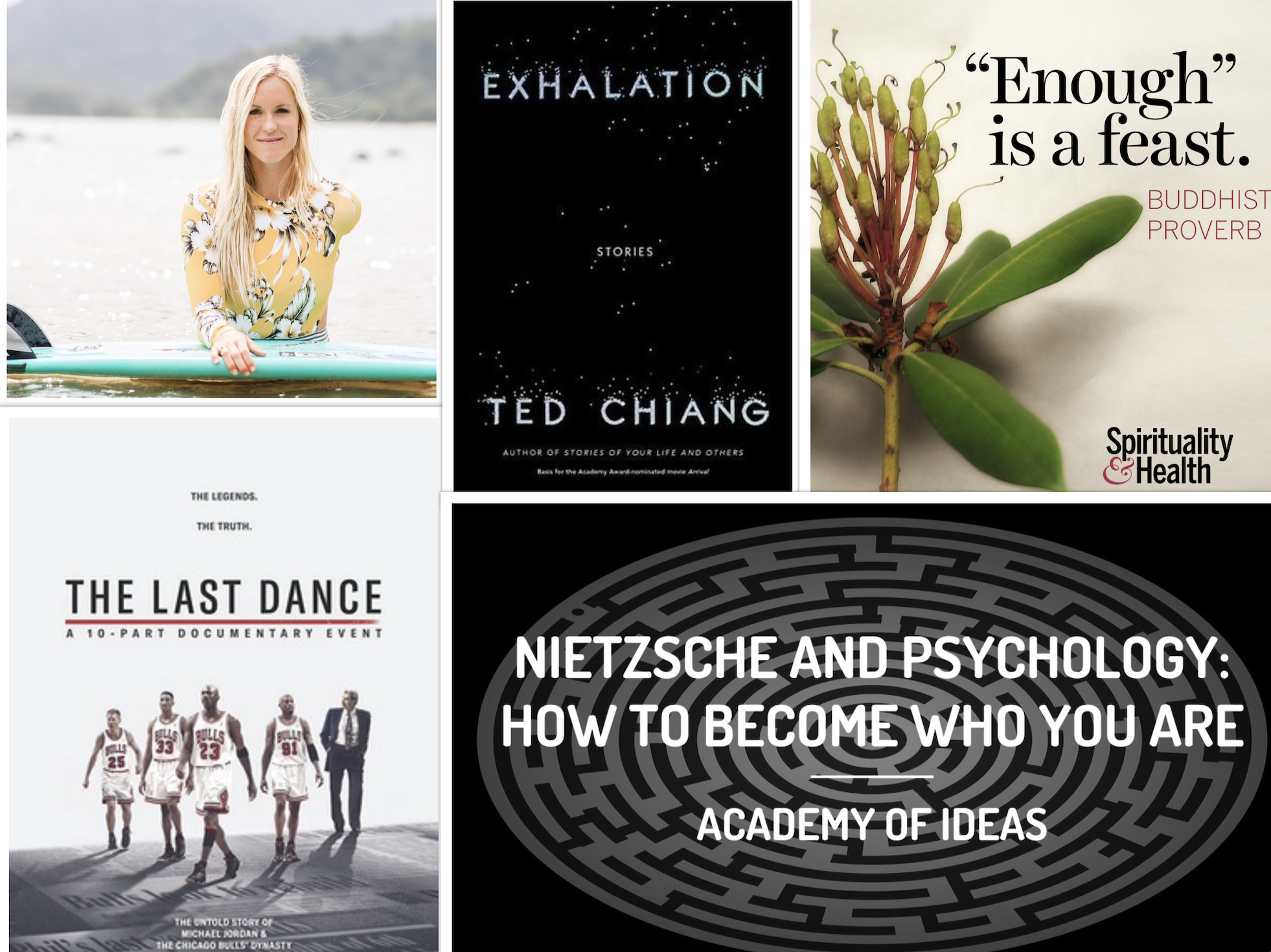Sunday Supplement #27 (November 14th, 2021)
Below is another Sunday Supplement with a quote worth sharing, a book worth reading, a movie worth watching, brainfood worth consuming, and a spiritual passage worth pondering.
I hope you take something away from these recommendations that enriches your week ahead!
Quote of the Week:
“Each of us must confront our own fears, must come face to face with them. How we handle our fears will determine where we go with the rest of our lives. To experience adventure or to be limited by the fear of it.”
– Judy Blume
Book of the Week:
The Alchemist – Paulo Coelho
The Alchemist tells the story of a shepherd boy who travels from Spain to Egypt searching for a treasure buried near the pyramids. Santiago quests for his personal legend and meets many different people and challenges along the way. He doesn’t know what the treasure is and pursues many different avenues along his adventure.
There are many lessons that Santiago and the reader learn throughout the journey, and the importance of listening to our hearts is one of the most important.
I won’t spoil too much of the story, but I want to highlight one part from the book in this post. When Santiago makes the first leap into the unknown, he travels to a land where he doesn’t know the language. Santiago gets robbed and becomes stuck without any means to get back to his home country.
What’s incredible about this part of the journey is the reminder of the capacity for humans to land on their feet after falling. It is a lesson that gets repeated throughout the story and is one that we all should remember.
The Alchemist is one of the few books I’ve read multiple times. It always picks me out of a rut when I pick the book back up. I encourage you to give this short novel a read. Let me know what you think!
Movie of the Week:
This movie would have been perfect for a 5th of November post, but it is worth watching regardless of the time of year. The film is rated R for a reason and shouldn’t be watched on a whim, but the story, cinematography, and acting are superb.
V for Vendetta is set in a future Britain ruled by tyranny. A freedom fighter disguised behind a Guy Fawkes mask plots to expose and overthrow the government with the help of a young woman. The story is based on the graphic novel written by Alan Moore and illustrated by David Lloyd. While the movie received some criticism from the fans of the source material, the film on its own is a brilliantly executed motion picture.
The Wachowski’s adapted the graphic novel, and their friend, James McTeigue, directed it. Influence from The Matrix can be seen in the style of the movie. And on the acting side, Natalie Portman, Hugo Weaving, Stephen Rea, Stephen Fry, and John Hurt all give outstanding performances in their respective roles.
It’s worth repeating that the movie’s R rating is warranted. The violence and content of the film are graphic at times, but I believe that content serves a purpose. I don’t agree with some extremes, but that is one of the points in the movie.
V for Vendetta is a movie I recommend with some caution, but its lessons and warnings are captured brilliantly. It currently resides at 170 on IMDB’s Top Rated Movies list.
Brainfood of the Week:
Buddha – Conquer Fear, Become Free — Freedom in Thought
Freedom in Thought is a YouTube channel that breaks down philosophical concepts and explores them through dialogue.
In this video, the concept discussed is based on a quote from the Buddha in the Dhammapada. The Buddha says a wise person is beyond fear, and as a result, is truly free.
The video then uses a Zen story to set up an example that explores the Buddha’s words.
During a Japanese civil war, an army took control of different villages. In one village, everyone fled except for a Zen master. The general went to the temple to get the Zen master to submit to his will. He brought out his sword and said, “Fool, don’t you see? I’m the type of man that can put a sword through you without blinking an eye.” The master calmly replied, “Don’t you see? I’m the type of man who can have a sword put through him without blinking an eye.”
As long as we fear something, we are controlled by that thing. True freedom is to be without fear.
In a dialogue between a monk and a student, the video discusses different facets of fear and how to overcome them. It shows how fear is blinding and controlling. A person who is afraid projects what they are scared of and sees the world through a lens.
The source of fear is our desire to protect ourselves from pain. When we are afraid, we block ourselves from understanding and growth. We must accept pain and fate and focus on our actions and not the outcomes we can’t control.
There are many videos on Freedom in Thought worth exploring. Try this one out to see if it is something that you enjoy.
Closing Spiritual Passage:
“The unborn baby that fears criticism will never be born.”
– African Proverb
This African proverb is a great reminder for me and my creative pursuits. At times, I’ve not started a projected or have been tempted not to finish because I thought my idea was terrible. I realize looking back on those times I was just scared of the reception my writing would receive.
I always worked on finishing my projects no matter what, but I wouldn’t always let others see what I wrote. I’ve since worked on removing the barriers I’ve kept up to keep me safe. Every time I put myself out there, regardless of reception, I’ve learned something and grown.
An important lesson from this quote for me is to keep putting myself out there. I want to keep pushing myself to grow and experience new things, knowing that fear can hinder these. and I continue to work on being more comfortable with being uncomfortable. Baby steps helped me move along, but I’m working on taking more incredible leaps and knowing I’ll be okay.
Step outside your comfort zone, and have a blessed week ahead!
1 Comment



